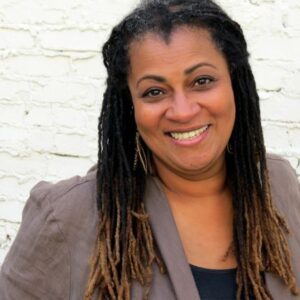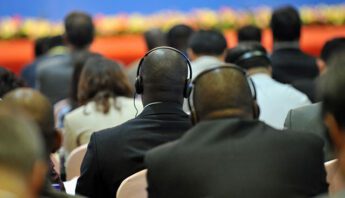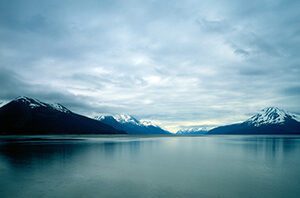To mark World Environment Day on June 5, the United Nations challenged the whole world to take action: “Seven billion dreams. One planet. Consume with care.”
A beautiful sentiment, to be sure. But I’d add, between the dreams and the planet, “Thousands of networks.” Because we’ll need to link our dreams — and our actions — across communities, borders and oceans if we want to see the sweeping changes that many of us envision.
“Human prosperity need not cost the earth,” say World Environment Day’s organizers. “Living sustainably… is about knowing that rising rates of natural resource use and the environmental impacts that occur are not a necessary by-product of economic growth.”
Human prosperity need not cost the earth.
Sounds good to me. But what does that mean, in real terms, for those of us in the movement for a more just food and farming system? For one thing, it means working collectively to remove the most problematic chemicals from use in global agriculture.
Working across borders…
Pesticides used in local communities in one part of the world can travel by wind and water across borders, a phenomenon with which our long-time partners at Alaska Community Action on Toxics (ACAT) are all too familiar. Just a few weeks ago, ACAT celebrated a huge win when representatives from around the globe voted to add PCP (pentachlorophenol, a fungicide used to preserve wood) to the Stockholm Convention on Persistent Organic Pollutants (aka “POPs”).
Unusually high rates of PCP and other POPs are found in the bodies and breast milk of Indigenous people in the Arctic, contributing to rising cancer rates and other health problems.
For many years, ACAT has worked through multiple national and international networks to restrict the use of these health-harming pesticides that travel thousands of miles to impact Arctic families. They and other allies are making important strides — and this work must continue.
… and making a tremendous difference
As UN Secretary-General Ban Ki-Moon said, “When billions of people join forces in common purpose, we can make a tremendous difference.”
Indeed. One common purpose linking us all together is the hope for safe and healthy communities for our children. That’s why I’m very excited about our joint initiative with PAN Asia & the Pacific (PAN AP) aligning our mutual concerns about the impact that harmful pesticides have on children’s health.
Working across long distances, in many languages and cultures, Malaysian-based PAN AP engages organizations from New Zealand to Nepal in campaigns for a pesticide-free world. Focusing together on children’s well-being, we’re now organizing public health professionals and others to spread the word about how exposure to chlorpyrifos, malathion and other toxics from the Terrible Twenty list of child-harming pesticides can result in birth defects, disease and learning disorders.
On June 5th and every day, I’m dreaming of a world where we grow the food we need safely, sustainably and equitably, without using chemicals that sicken farmworkers, rural residents or communities halfway around the world. If you share this dream, join me in signing the petition urging governments across the planet to ban pesticides we know are highly hazardous.
Help mark World Environment Day by adding your voice to hundreds of organizations, businesses and institutions on every continent who have endorsed this simple yet profound call to action. Working in concert, we can make the dream of a just, sustainable food and farming system a reality.








